Indignation: An interview with Sarah Gadon

Indignation, adapted from the Philip Roth’s novel of the same name, tells the story of Marcus Messner, who on moving to Ohio on a college scholarship in the 1950s meets Olivia Hutton. There, against the backdrop of McCarthyism and the Korean War, he comes up against the Christian conservative forces of the college whilst also trying to handle his feelings for Olivia. She too is more than she seems, and they struggle to exist within the stifling college environment. We caught up with Sarah Gadon, who plays Olivia Hutton, to talk about why Indignation is so relevant to our current times, the difficulties faced by female actors in Hollywood today, and working with Logan Lerman, who plays Marcus.
What were your initial thoughts about the film and your character when you read through the script for the first time?
Well, I knew it was going to be very special because James is just great, and I was curious to see how he would take on Philip Roth. But then I think my second reaction was just admiration for how well he had adapted it and I was fascinated by Olivia and her character, and I wanted to be a part of the project immediately.
Had you read the book before you read the script?
No I read the script, then I read the book, and I thought it was such a brilliant adaptation. It was really interesting to see which parts of the novel James had decided to keep and having read both I was able to challenge the perspective of the novel, which was really liberating for me. It’s the reason why I love film, you’re able to come at something from a completely different perspective.
Olivia Hutton is no wallflower, I thought it was quite refreshing to see a female character who is both a love interest and also a complex human being, and clearly a character you were keen to play. What would you say the difficulties are for young female actresses in Hollywood at the moment?
Well, I don’t want to speak generally. The thing with this role was that she’s someone that people have certain ideas about and underneath she’s completely different. Inside, you can have much more depth and sometimes the outside world won’t allow you to be your complete self. I think that was something that I identified with as an actress because so often, especially when I was in my early 20s, people would say to me “Oh you’re an ingénue! You have to play the ingénue, you’re the ingénue!“, and I was like, “I’m not really an ingénue and never really was one”, you know, I was never really the manic pixie dream girl and so I think I struggled with that. That’s why I was drawn to much darker material, or roles that played with that idea and flipped it on its head. So I found that to be something I could easily access, but I think in answer to your question, that assumption is probably one of the biggest challenges you face as an actor. In the industry there are so many ideas about what you should be and what you should do, which are sometimes out of line with your own creative impulses.
Olivia is a teenager – was it a strange experience playing someone so young?
Yeah it was, it really kind of threw me back because I had to revisit that time in life. And you know the thing is when you screen the film, people say, wow you’re doing a film from the 1950s, do you think we’ve come very far in terms of slut-shaming? And maybe in some ways we have, but I think that generally your first sexual encounters are shrouded in curiosity, and shame, and confusion, and misinformation and that is something that I don’t think has changed.
Speaking of some of the more sexual aspects of the film, some of them are particularly cringe inducing. What was it like filming those scenes with your co-star, Logan Lerman?
Well Logan and I, we became very close; we shot the film and spent a lot of time together in New York and we had a lot of time in pre-production to get to know each other. And we were so passionate about the project and working with James [Schamus] that we weren’t nervous about it at all. It seemed like James was actually more awkward and nervous! Like he was our Dad or something, and we were like “No, we’re fine, we got this”. And I didn’t really feel any kind of embarrassment or weirdness about it at all, until we premiered the film at Sundance earlier this year. I was kind of sitting in the auditorium and was just so shocked and I just couldn’t believe that I’d just done that in front of all these people. I was so embarrassed! But up until that point I was not embarrassed at all.
What was it like working with James Schamus? He’s a big fish in the movie world, but this was his first time directing. What was his style like compared to other directors you’ve worked with?
James wears many hats: he’s a professor, a writer, he’s an entertainer, he’s a producer – he’s so familiar with the film world but at the same time he’s a curious soul, he wants to learn things. He was very much like a student at times, he just wanted everyone to collaborate and learn and was fascinated by everyone’s process. He was also extremely open and well-researched so he was a perfect first-time filmmaker, that I know I will never experience again! It was lovely to work with him.
So do you not think you’ll work with James again?
Oh, well I’d absolutely love to work on another one of his films!
Indignation is set in the 1950s, which was, socially speaking, a different time in many ways, but the political parallels between the 50s and now come out strongly in the film. In tense political times, do you think Hollywood has a duty to make politically relevant movies?
Yeah well, unfortunately this isn’t a Hollywood movie, it’s an independent film, but I think having studied film theory and criticism, it’s amazing to look back at certain times in history and see the art that was being made, the art that challenges dominant thinking, the art that comes out of communities or groups of people that are trying to subvert the dominant thinking of that time. It’s why I love to study film, and why I thought making this one would be really important because it’s set in the 1950s but James made it because it’s about two young, bright Americans trying to challenge their power structures, and the consequences that they then have to face. And I think that he asks the audience what do we do to our youth when they question the way things are.
And would you say, as well as being about that, it’s also a coming-of-age film at the same time?
A really dark coming-of-age film! It’s a coming-of-age film with a fatal ending so I don’t know if you can really call it that!
We spoke about Logan briefly before. Some have said that this is a star-making performance from him – could you tell that he was doing something particularly impressive when you were on set with him?
Absolutely. I think when you read a novel you create a version of that character in your head and to me Logan was a complete and accurate representation of Marcus Messner. He became Marcus. He was Marcus. I think the reaction people have had to the film is because Logan was so totally him, and I think that that is an achievement in and of itself. But he’s so young, and such an intelligent performer. He’s extremely compelling and he’s so dedicated to the process, which is something that not everyone can see when they watch the film, but I got to see how dedicated he was to the filmmaking process. He’s curious about every department, and has great respect for the technical side of filmmaking, and that makes him so different and special compared to anyone else I’ve ever worked with.
And what’s next for you yourself? You’re originally from Canada, do you see yourself going back to do films there?
Just last night I wrapped up a six-part series for Netflix based on Margaret Atwood’s novel Alias Grace. It was really interesting, and I’ve just finished it! I’m going to have a little break now but I’m going to be doing a film with a Canadian artist and filmmaker, so that film will be a Canadian film, and Alias Grace was written and co-produced by Sarah Polley, so yeah, for sure I’ll be doing more films in Canada.
And finally, you’ve worked with David Cronenberg a few times before, do you see yourself collaborating with him again in times to come?
Haha, yeah, I actually asked him to be in Alias Grace, as an actor. And he took one of the parts that they offered him, so I got to act with him. It was kind of amazing because he’s been such an important figure in my career and he’s been a part of every career-changing project I’ve ever done. So to have him working creatively with me was really special.
Tess Colley
Indignation is released in UK cinemas on 18th November. Read our review here.
Watch the trailer for Indignation here:


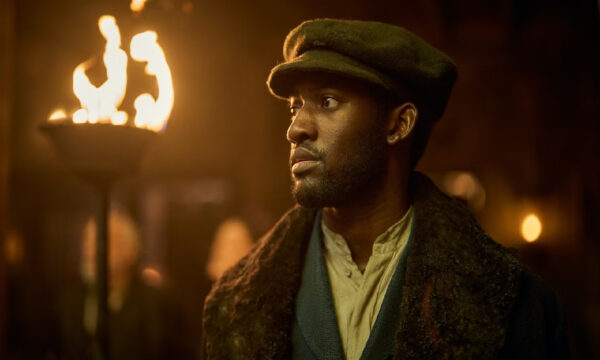
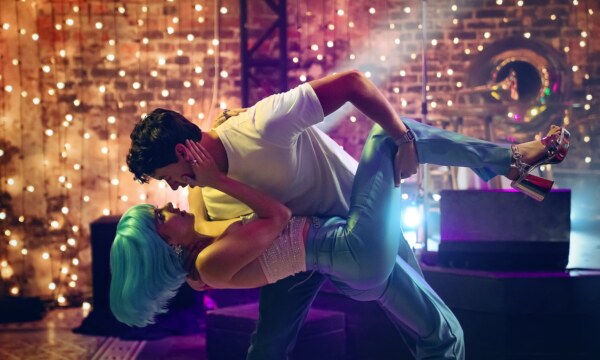
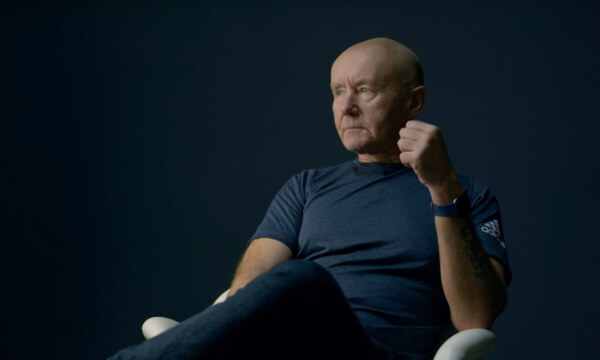
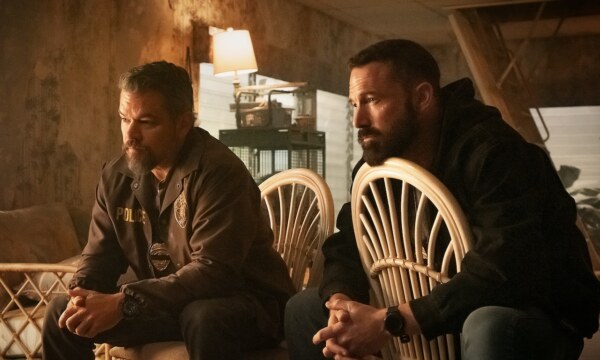
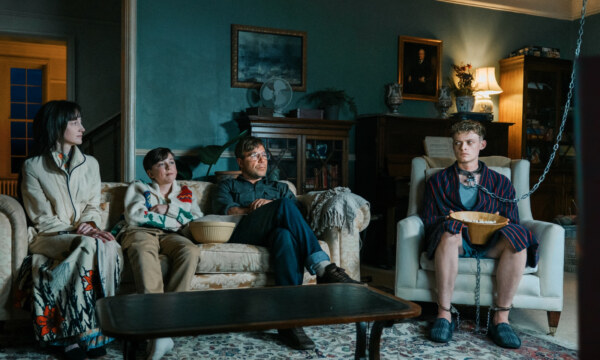
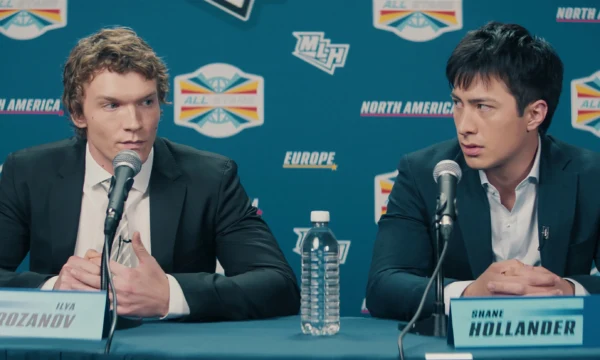
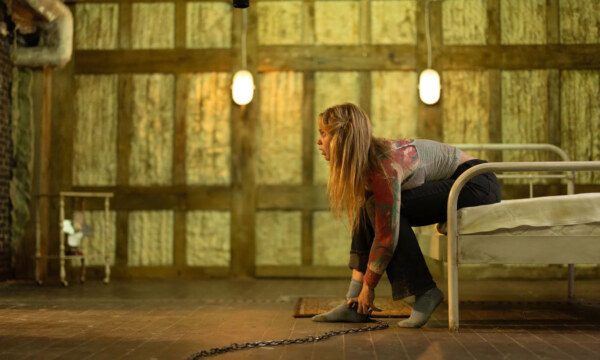
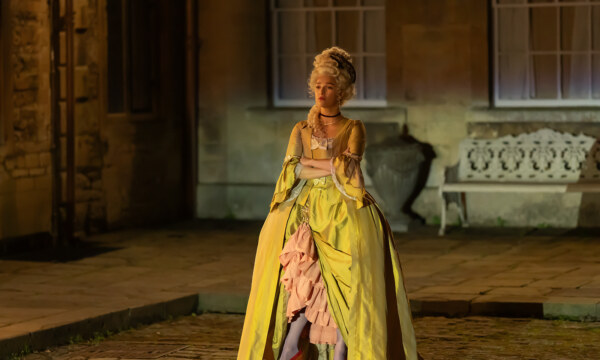
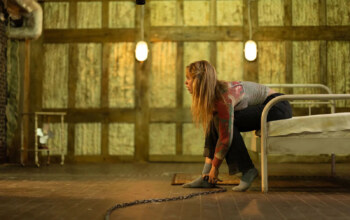

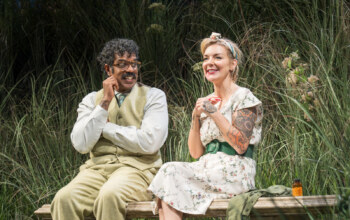

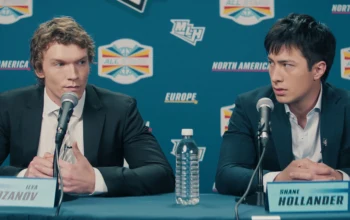
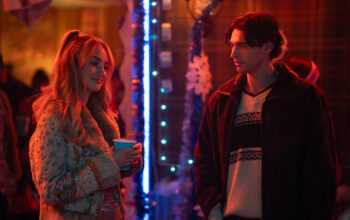
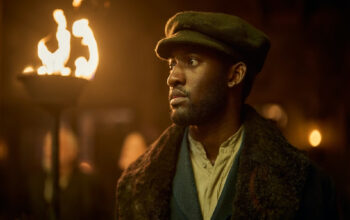






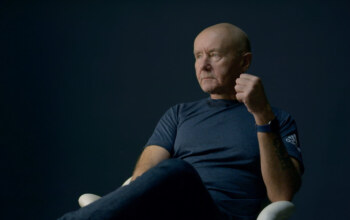

Facebook
Twitter
Instagram
YouTube
RSS